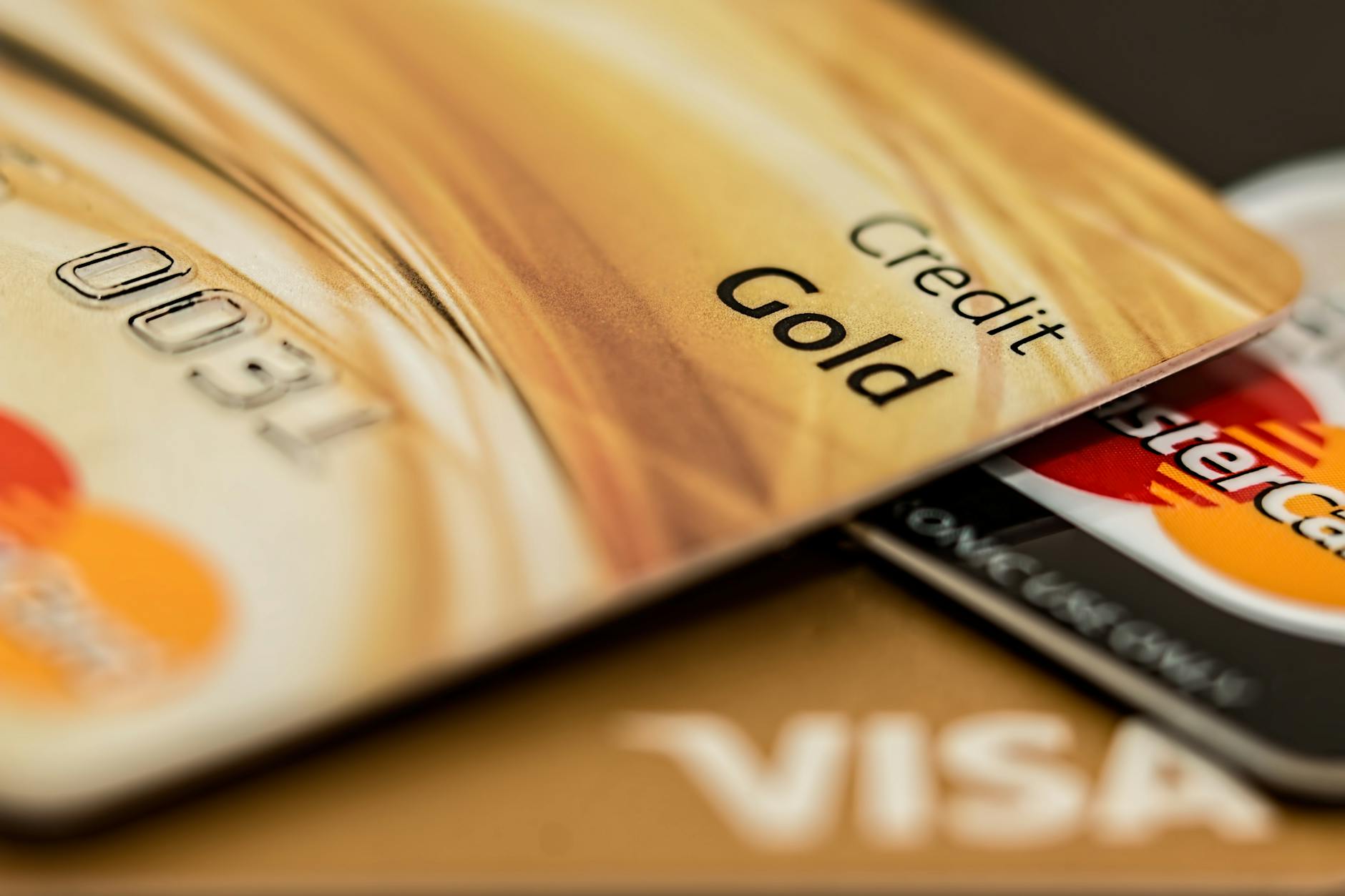10 Powerful Ways to Boost Your Credit Score Fast
A high credit score can open the door to financial opportunities, from securing favorable loan rates to landing your dream home. If you’re looking to boost your credit score quickly, this comprehensive guide will provide you with ten powerful strategies to get you there.
Table of Contents
1. Check Your Credit Report Regularly
Your credit report is the foundation of your credit score. Errors on your report can drag down your score without you realizing it. By regularly checking your credit report, you can identify and dispute any inaccuracies that might be hurting your score.
How to Check Your Credit Report:
- Access your free credit report from major bureaus like Equifax, Experian, and TransUnion.
- Review each section for errors, such as incorrect account balances, late payments that were actually on time, or accounts you don’t recognize.
- Dispute errors immediately by contacting the credit bureau and providing documentation.

Correcting errors can lead to a significant boost in your score, as negative information is removed and your report more accurately reflects your creditworthiness.
2. Pay Down High-Interest Debt
Credit utilization—the amount of credit you’re using compared to your credit limit—is a significant factor in your credit score. High utilization can signal to lenders that you’re overextended and struggling to manage your finances.
Steps to Reduce Credit Utilization:
- Focus on paying down credit cards with the highest interest rates first.
- Consider consolidating debt with a personal loan, which often offers a lower interest rate and a fixed payment schedule.
- Aim to keep your credit utilization below 30%, and ideally, below 10%.
Lowering your credit utilization can quickly improve your score, as it demonstrates better credit management and reduces your risk in the eyes of lenders.
3. Increase Your Credit Limit
If you’re unable to pay down debt quickly, increasing your credit limit can help improve your credit utilization ratio. However, this strategy requires discipline to avoid accumulating more debt.
How to Increase Your Credit Limit:
- Request a credit limit increase from your current credit card issuer.
- If you have a good payment history and a solid income, you’re more likely to be approved for a higher limit.
- Alternatively, you can open a new credit card to increase your overall available credit.
Impact on Credit Score:
By increasing your available credit while maintaining or reducing your current balance, you lower your credit utilization ratio, which can lead to a higher score.
4. Make Payments Twice a Month
Instead of making a single payment each month, consider splitting your payment into two smaller ones. This strategy can reduce your credit utilization ratio at crucial reporting times.
Steps to Implement Twice-a-Month Payments:
- Pay half of your credit card bill midway through the billing cycle.
- Make the second half of the payment before the due date.
- This reduces the balance reported to credit bureaus, potentially boosting your score.
Impact on Credit Score:
Consistently low balances reported to credit bureaus can result in a positive impact on your score, as it shows responsible credit use.
5. Become an Authorized User
If you have a family member or close friend with a good credit history, consider asking to become an authorized user on their credit card account. This can add their positive payment history to your credit report.
How to Become an Authorized User:
- Choose someone with a long history of on-time payments and low credit utilization.
- Ensure that the credit card issuer reports authorized user activity to the credit bureaus.
- Monitor the account regularly to avoid any negative impact from the primary cardholder’s activity.
Impact on Credit Score:
Being added as an authorized user can quickly improve your credit score, especially if you lack a long credit history or have had credit challenges in the past.
6. Negotiate with Creditors
If you’ve missed payments or have accounts in collections, negotiating with creditors can help you remove negative marks from your credit report. Many creditors are willing to work with you, especially if you’re proactive.
How to Negotiate with Creditors:
- Contact your creditors directly and explain your situation.
- Request a “pay for delete” agreement, where the creditor agrees to remove the negative information from your report in exchange for payment.
- Ensure any agreement is in writing before making a payment.
Impact on Credit Score:
Successfully removing negative information from your credit report can lead to an immediate improvement in your score.
7. Use a Secured Credit Card
If you have a low credit score or no credit history, a secured credit card can help you build or rebuild your credit. Secured cards require a cash deposit, which acts as your credit limit.
How to Use a Secured Credit Card:
- Choose a secured credit card with low fees and that reports to all three credit bureaus.
- Make small purchases and pay off the balance in full each month.
- Avoid carrying a balance to prevent interest charges and demonstrate responsible credit use.
Impact on Credit Score:
As you build a history of on-time payments and low utilization, your credit score can improve. Over time, you may qualify for a traditional unsecured credit card.
8. Automate Your Payments
Late payments can significantly damage your credit score. Automating your payments ensures that you never miss a due date, helping you maintain a positive payment history.
Steps to Automate Payments:
- Set up automatic payments for all your credit accounts, including credit cards, loans, and utilities.
- Schedule payments for at least the minimum amount due to avoid late fees and penalties.
- Monitor your accounts regularly to ensure sufficient funds are available for the automated payments.
Impact on Credit Score:
Consistently making on-time payments is one of the most important factors in maintaining and improving your credit score.
9. Avoid Opening New Credit Accounts Unnecessarily
Each time you apply for credit, a hard inquiry is made on your credit report, which can temporarily lower your score. Opening new accounts also reduces the average age of your credit, which can negatively impact your score.
When to Avoid New Credit:
- Avoid applying for new credit cards or loans unless absolutely necessary, especially if you’re planning a major purchase like a home or car.
- Consider alternatives like using existing credit or saving up for purchases instead of opening new accounts.
Impact on Credit Score:
By avoiding unnecessary hard inquiries and maintaining a longer average credit age, you can protect and gradually improve your credit score.
10. Keep Old Accounts Open
The length of your credit history plays a role in your credit score. Closing old accounts can shorten your credit history and reduce your overall available credit, which may negatively impact your score.
How to Manage Old Accounts:
- Keep your oldest accounts open, even if you no longer use them frequently.
- Use old accounts occasionally to keep them active, but pay off any balances in full each month.
- Monitor the accounts to avoid fees or inactivity penalties.
Impact on Credit Score:
Maintaining a long credit history with positive activity can help improve your score over time, as it demonstrates stability and responsible credit management.
Conclusion
Boosting your credit score fast requires a combination of strategic actions and disciplined financial habits. By regularly monitoring your credit report, managing your debt responsibly, and making timely payments, you can see significant improvements in your credit score. Each of the ten strategies outlined in this guide offers a powerful way to enhance your creditworthiness and open the door to better financial opportunities.
Remember, while some strategies can lead to quick improvements, the most sustainable way to maintain a high credit score is by practicing good credit habits over time. Stay diligent, and your efforts will pay off in the form of a stronger credit profile.




